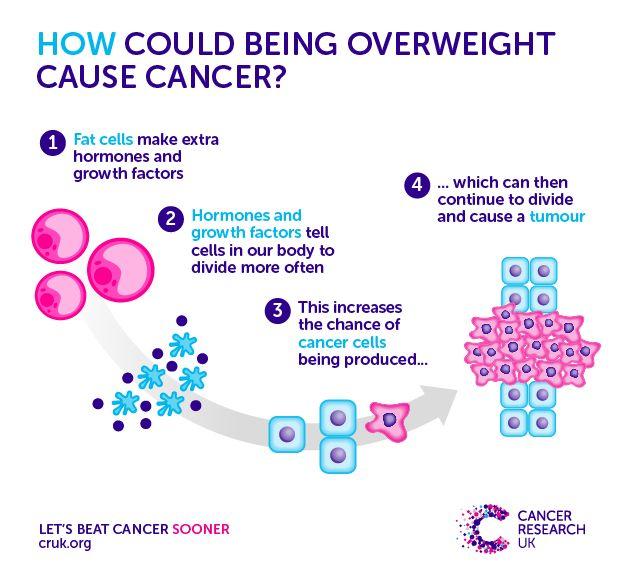Here’s the only thing you need to know about losing weight.
EO > EI
Energy Out grater than Energy In
That means you need to use up a lot more energy than you take in.
Note that Energy Out takes the first position. To start losing weight you need to do more physically than you are now. The more you do the better but only if you can sustain the activity.
In addition to increasing mobility and exercise, focus on the other side of the equation. Reducing Energy In is a case of quality and quantity.
- Reduce portion size
– no need to eat too much at a meal especially at dinner
– eat less more often ( graze)
– have smaller breakfast lunch and dinner and snack in-between
– if I want something unhealthy buy a small portion size (more expensive but better) - Remove alcohol
- Remove carbonated drinks
- Increase unprocessed food
– ie fresh fruit and veg, oats, bran etc - Reduce or remove processed food
– eg frozen meals, take away food, canned meals, fillings, flavours
– better and cheaper to create your own meals
– the more processed the less healthy it is - Re-educate cooking techniques and knowledge
– hunt down healthy recipes
– learn spices and flavours
In summary,
- more exertion and exercise;
- better food and fluids (no alcohol while losing)
